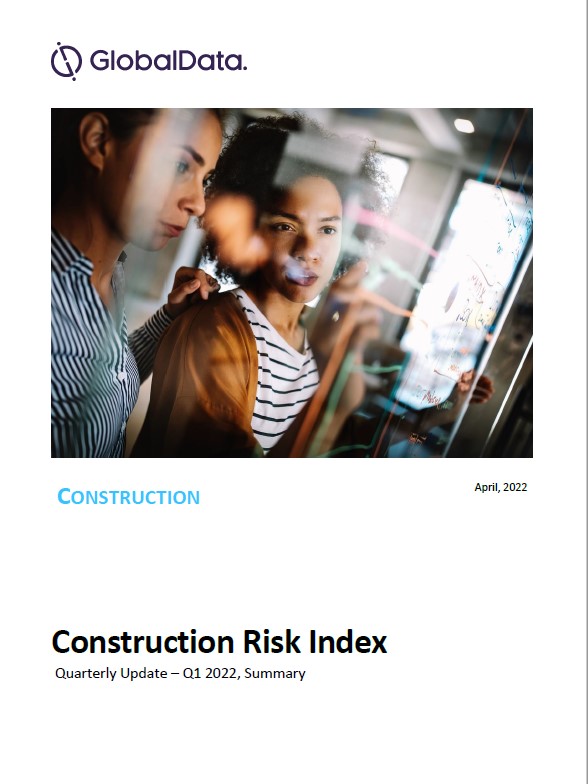
Following a difficult start to the year, the UK construction sector has been steadily recovering from the virus outbreak which led to the closure of construction sites across the country in late March. While the monthly data shows that there has been a steady rebound following the easing of lockdown measures in May, the economy still faces major downside risks, including the threat of a disorderly Brexit in January. The UK officially left the EU in January 2020 following the December 2019 general elections that saw the incumbent Prime Minister, Boris Johnson win a majority. Initially, there had been expectations of a post-Brexit trade deal between the UK and EU, however, the probability of no-deal has increased significantly. Key divergences on issues such as state aid, fishing and financial services have lowered the likelihood of a deal being agreed by December.
In the event of a no deal Brexit, the industry will be hit in several areas which could permanently lower potential output growth. With free movement of goods and services coming to an end, new trading and investment rules will be imposed on the construction industry. A study published in 2018 by the House of Commons Business, Energy and Industrial Strategy Committee found that two thirds of building materials were imported from the EU, with some firms reporting that they import up to 70% of components from the EU. The imposition of tariffs in the event of a no-deal Brexit could inflict a severe cost on contractors who were already struggling with cash flow issues as a result of the lockdown measures and the general economic slowdown.
How well do you really know your competitors?
Access the most comprehensive Company Profiles on the market, powered by GlobalData. Save hours of research. Gain competitive edge.

Thank you!
Your download email will arrive shortly
Not ready to buy yet? Download a free sample
We are confident about the unique quality of our Company Profiles. However, we want you to make the most beneficial decision for your business, so we offer a free sample that you can download by submitting the below form
By GlobalDataA no-deal Brexit could potentially hamper the expansion in UK manufacturing, and thereby undermine investment in the construction of new manufacturing plants. Under current WTO rules, this would mean the imposition of tariffs of 4.5% for vehicle components and 10% for cars exported or imported from the EU. This poses a major risk for the automotive sector, as tariffs imposed on cars exported to the EU will likely be passed on to consumers, amid a global pandemic will hamper the competitiveness of the sector. Further potentially adding to the construction industry’s woes, an end to free movement of labour will intensify the industry’s skills shortage. Currently, the sector relies heavily on workers from the EU, and the new immigration regime introduced by the government post-Brexit is likely to worsen the labour shortage already faced by firms in the industry.
With concerns over the potential risk of a no-deal Brexit and a second spike of COVID-19 infections likely to lead the imposition of local lockdowns across the country, the construction sector is likely to face a difficult end to the year. However, monthly data suggests that the sector has been recovering steadily since the lockdown measures were eased in May. In July, construction output increased by 17.6% month-on-month, significantly higher than the market consensus forecast of 10.5%. The strong July data follows the 23.5% growth in output recorded in June. Although construction output is expected to continue to recover over the next few months, GlobalData expects output in the construction industry to contract by 13.6% in 2020 reflecting the severe declines recorded in the second quarter. Assuming that there is no repeat of the national lockdown that brought the industry to a halt, and also that a relatively benign Brexit deal is agreed, construction output is expected recover with annual average growth of 6.1% in 2021 (boosted by a sharp year-on-year expansion in Q2 2021), before posting sluggish growth of 2.3% a year in 2022-24.




